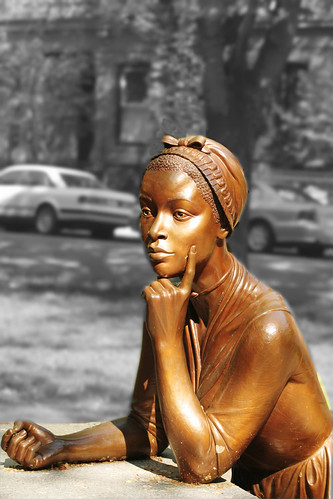We run our website the way we wished the whole internet worked: we provide high quality original content with no ads. We are funded solely by your direct support. Please consider supporting this project.
An Open Orthodoxy
Our friends Tom Belt and Dwayne Polk recently started a blog called An Open Orthodoxy. This is going to be something you’ll want to follow. Really smart guys with something to say. They posted this clarification on the defining claim and core convictions of open theism that hits the nail on the head.
From the blog post:
To summarize, then. God is love, and he creates for benevolent purposes which include creation’s coming to participate in and reflect the love that he is. This glorifies God, and this glory is the end for which all things are created. To fulfill this end, God endowed us with a certain freedom, and this freedom in turn entails certain risks. Open theists reason from these three core convictions — divine love and a free and risky creation — to the conclusion that God knows the open future as a branching of possible ways or paths the world might and might not take. But from the open theist’s point of view, these core convictions are the heart and soul of the view. The conclusion that God doesn’t eternally foreknow in every conceivable detail precisely how the world’s possibilities will unfold (which claim has received all the attention) is — to put it surprisingly but perhaps more accurately — the most uninteresting thing about the view. For us it’s not particularlyabout foreknowledge; it’s about freely becoming what God purposed us to be. It’s abouttheosis. The foreknowledge piece turns out to be just the most consistent way we know to express it.
Amen.
Category: General
Tags: An Open Orthodoxy, Dwayne Polk, Open Theism, Tom Belt
Related Reading

How do you respond to Jeremiah 25:8–12?
The Lord says to the nations: “Because you have not obeyed my words” (vs. 8), “this whole land shall become a ruin and a waste, and these nations shall serve the king of Babylon seventy years. Then after seventy years are completed, I will punish the king of Babylon and that nation, the land of…

How do you respond to Zechariah 12:10?
“when they look on the one they have pierced, they shall mourn for him…” Hundreds of years before Christ was born it was declared that he would be pierced (cf. John 19:24–27). Detailed prophecies such as this one help convince us that Jesus is the Messiah hoped for in the Old Testament. The ministry and…

How can prayer change God’s mind?
You’ve argued that since God is all-good, he’s always doing the most he can do in every situation to bring about good. But you have also argued that prayer can change God’s mind. How are these two beliefs compatible?

What is the significance of Exodus 33:1–3, 14?
“The Lord said to Moses, ‘Go, leave this place, you and the people whom you have brought up out of the land of Egypt, and go to the land of which I swore to Abraham, Isaac, and Jacob…I will send an angel before you, and I will drive out the Canaanites…Go up to the land…

Podcast: Is Open Theism Growing in the World?
Greg discusses the place of Open Theism in contemporary Christianity. http://traffic.libsyn.com/askgregboyd/Episode_0149.mp3

How do you respond to Acts 4:27–28?
“[B]oth Herod and Pontius Pilate, with the Gentiles and the peoples of Israel, gathered together against your holy servant Jesus, whom you anointed, to do whatever your hand and your plan had predestined to take place.” This passage is very close in content to Acts 2:23 (see How do you respond to Acts 2:23?). While…

